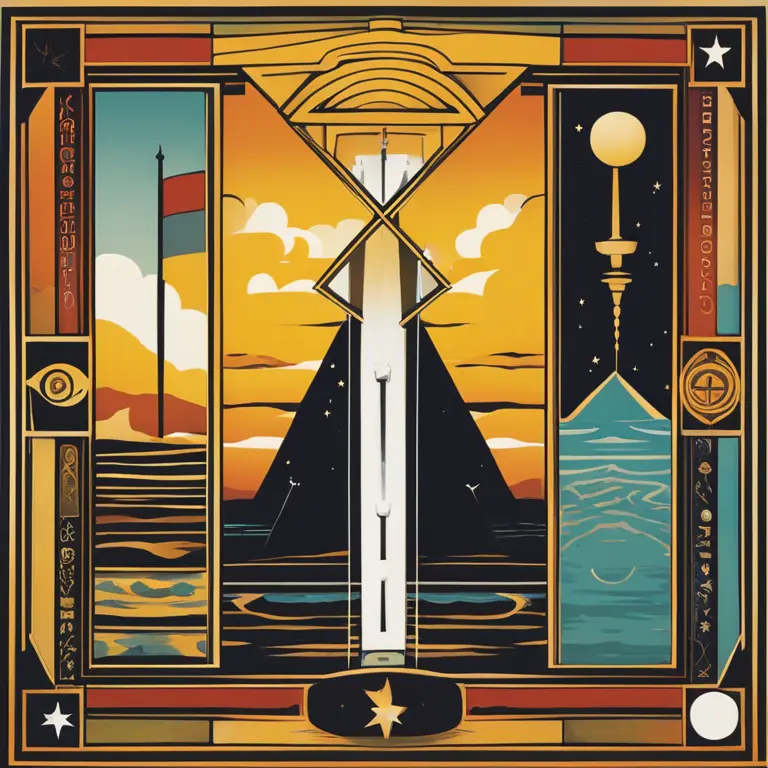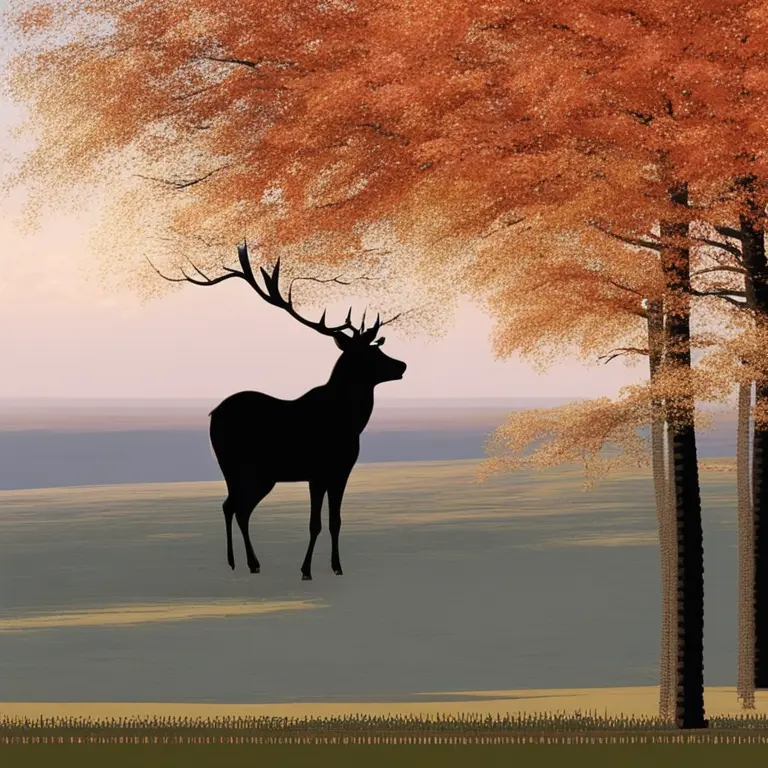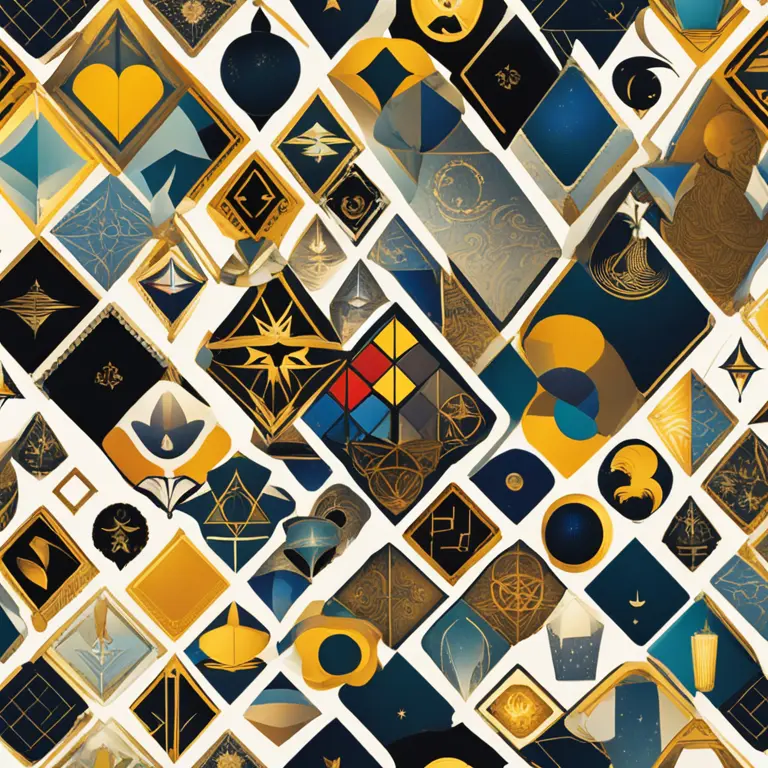
The Ancient Practice in a Modern World
Not merely a card game of yesteryears, tarot has traversed through time, evolving into a profound tool for insight and guidance. In this digitized age, tarot remains a beacon, inviting contemplation amidst the chaos. Its symbology speaks an ancient language, yet interprets contemporary narratives. Here, we undertake a thoughtful examination of tarot's truth, an enduring testament to its influence across centuries. As individuals seek understanding of their place in the cosmos, tarot offers a mirror, reflecting both the complexities of human consciousness and the unpredictability of fate.

An Intersection of Intuition and Symbolism
The essence of tarot's veracity lies in the interplay between the reader's intuition and the rich tapestry of symbols contained within the cards. Far beyond random chance, a tarot reading exposes the subconscious mind, hinged on the querent's intuitive engagement with the drawn imagery. Each card serves as a vessel for introspection, their meanings fluid yet anchored in traditional archetypes. Through this dance with the subconscious, tarot uncovers truths that often elude the logical mind, weaving a narrative that resonates with the seeker’s inner wisdom.

Tarot’s Relevance in 2024 and Beyond
Astrological alignments and societal shifts influence collective consciousness, and tarot adapts to these changes seamlessly. As we face 2024, tarot readings may reflect the Saturn-Uranus square, highlighting themes of structure versus freedom, tradition against innovation. The cards invite reflection, urging individuals to consider their paths amidst the astrological backdrop of change. This perennial relevance makes tarot not only a personal compass but also a cultural barometer, hinting at deeper undercurrents in the human experience.

A Tool for Empowerment
Beyond forecasting, tarot empowers individuals to manifest their destiny. It is not about predictive finality but about illuminating possibilities, unveiling potential turns in life's winding road. In the context of free will, a reading does not seal one's fate but rather highlights opportunities for growth and warns of challenges. The decision to heed these insights rests with the querent, placing the power of choice firmly in their hands. Tarot's truth is, therefore, in its capacity to inform and inspire action, rather than dictate outcomes.
A Personal Journey of Enlightenment
True engagement with tarot requires an open heart and a willing spirit, prerequisites for a transformative experience. It's that journey of enlightenment which validates the relevance of tarot. As humans seek to understand the self, the tarot surfaces as a guide, prompting discovery and self-acceptance. The truth of tarot is mirrored in the stories of personal evolution it fosters, tales not of prophecy, but of growth, understanding, and change.
The Skeptic's Perspective
While tarot invites believers, it also faces skepticism. Its truth isn't empirical, but experiential—a point that may deter those seeking tangible proof. Yet, the tarot's purpose isn't to convince the skeptic but to serve as a sanctuary for seekers. The truth of tarot isn't found in its ability to predict the future with precision but in its role as a psychological tool, a sounding board for the soul. It thrives in the realm of personal discovery, not scientific validation.
Published: 1/17/2024
Modified: 1/17/2024
More predictions
Come back here soon to learn more about yourself and your future


Can Tarot Cards Foretell Your Romantic Future?
Discover how Tarot readings might offer insights into your love life and whether they can predict romantic outcomes.


Can Tarot Cards Predict Your Love?
Discover the mystical connection between tarot readings and predicting love, from finding soulmates to navigating relationships through the arcane.


The Essence of Tarot: Beyond the Supernatural?
Are tarot cards merely cards, or do they hold supernatural essence? This article delves into the mystical realm of tarot to uncover its true nature.